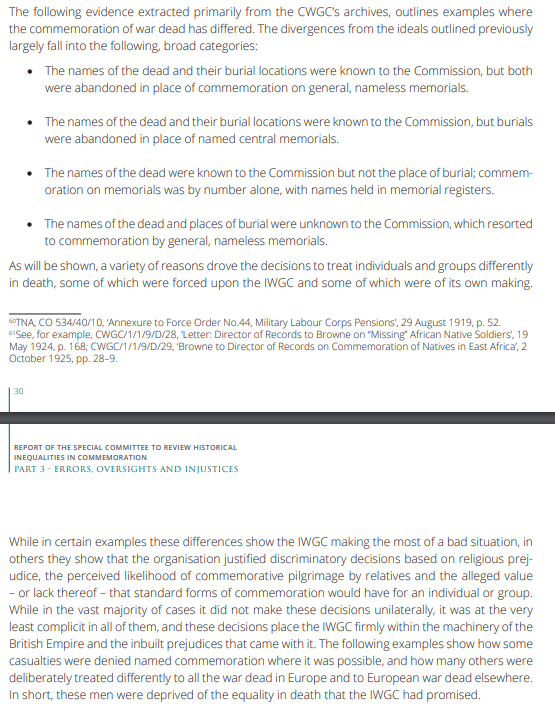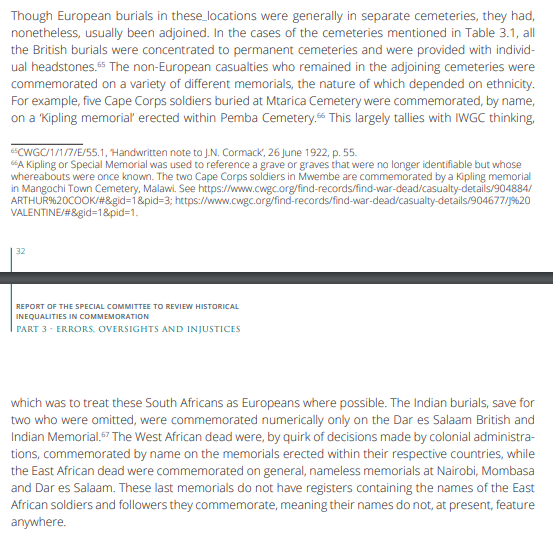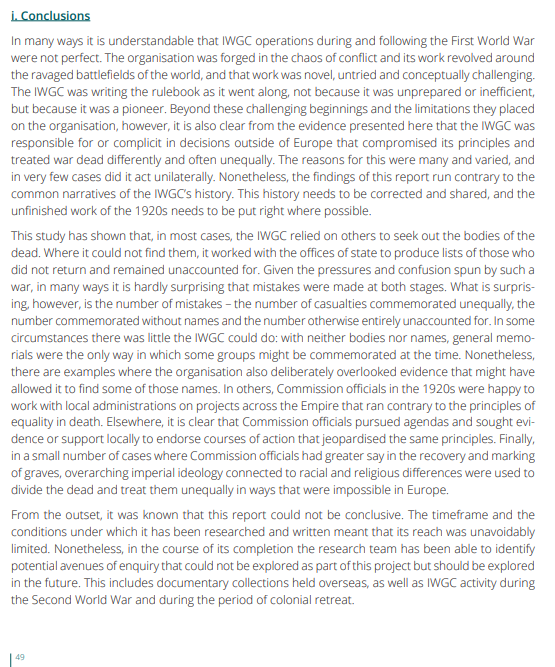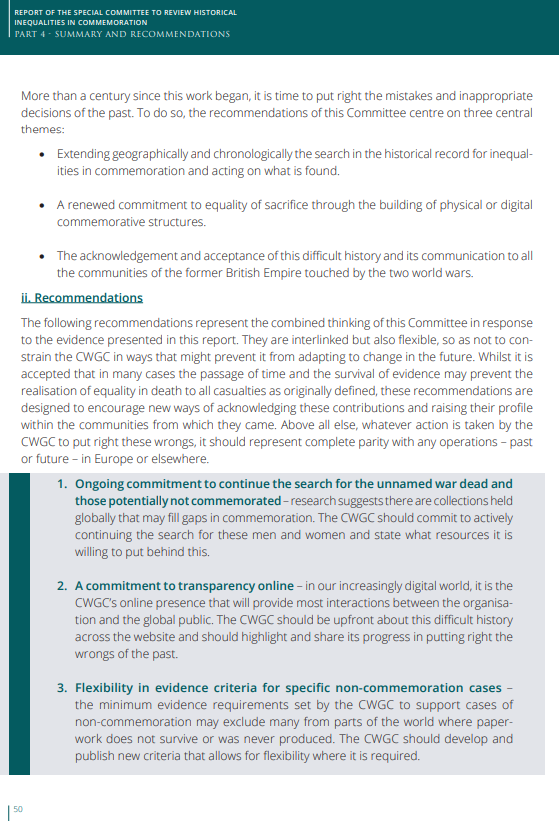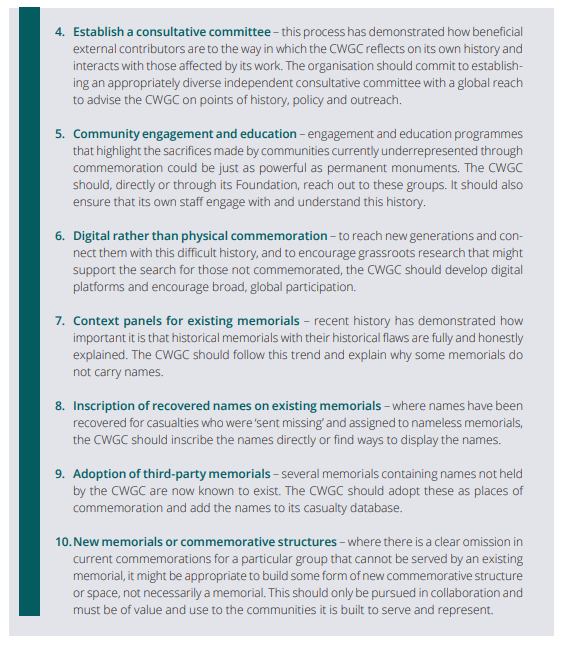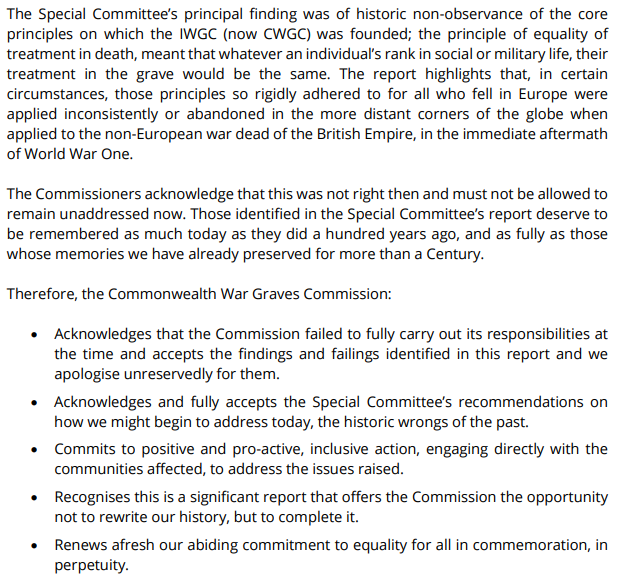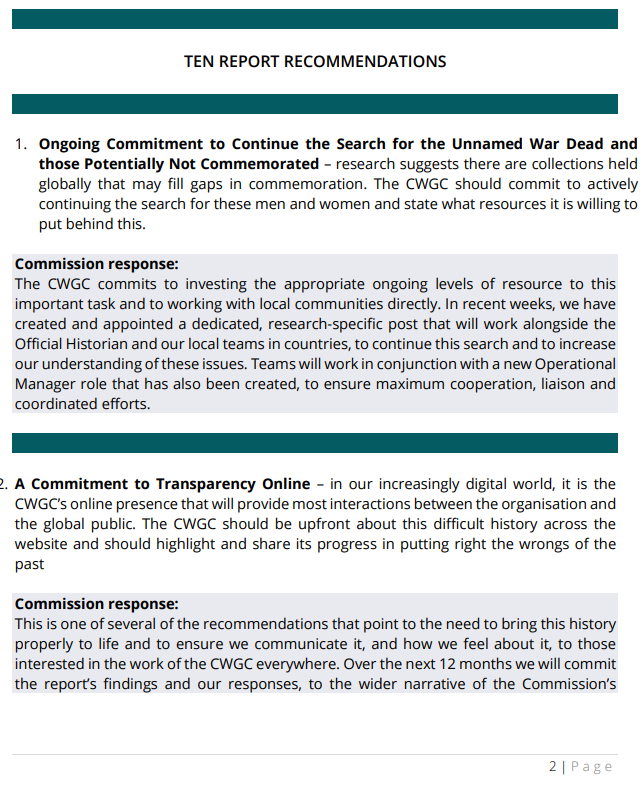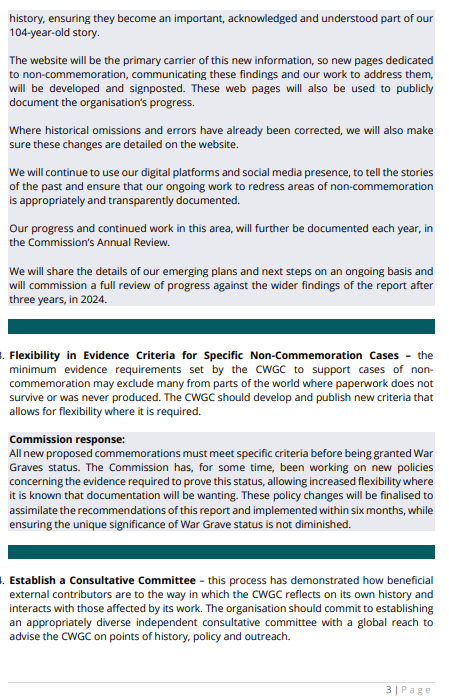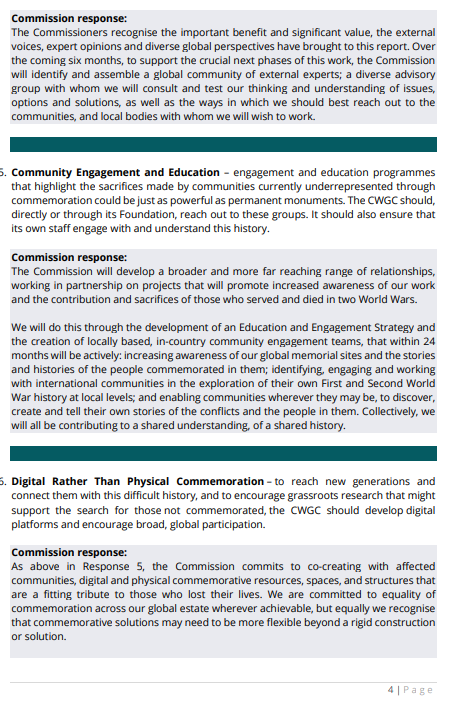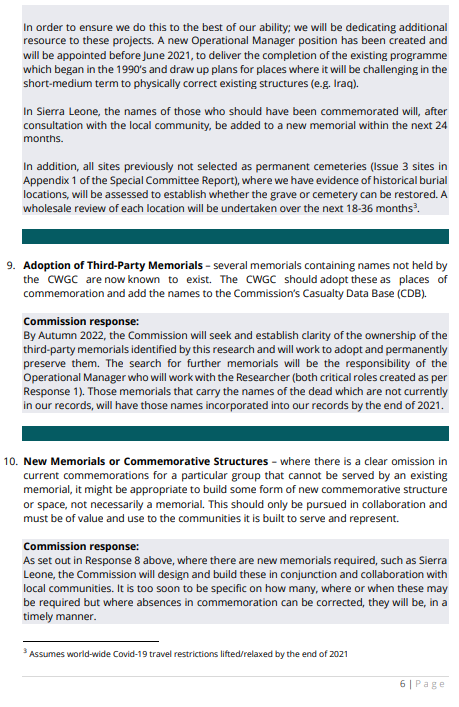Let& #39;s take a moment to take a deeper look at the @CWGC& #39;s Non-Commemoration Report.
Uncomfortable reading for many.
It is also... just the faintest glimpse of a crushing problem. /1
#FWW #WW1 #SWW
#WW2 #History #CWGC https://www.theguardian.com/commentisfree/2021/apr/23/war-graves-report-britain-colonial-past-soldiers-died-unremembered-race?CMP=Share_iOSApp_Other">https://www.theguardian.com/commentis...
Uncomfortable reading for many.
It is also... just the faintest glimpse of a crushing problem. /1
#FWW #WW1 #SWW
#WW2 #History #CWGC https://www.theguardian.com/commentisfree/2021/apr/23/war-graves-report-britain-colonial-past-soldiers-died-unremembered-race?CMP=Share_iOSApp_Other">https://www.theguardian.com/commentis...
The core problem is that an estimated 45k - 54k & #39;Black and Brown& #39; casualties are unequally commemorated.
A further 116k - 350k may just be commemorated by name, or not at all.
This figure mostly consists of Indian, East African, West African, Egyptian and Somali personnel. /2
A further 116k - 350k may just be commemorated by name, or not at all.
This figure mostly consists of Indian, East African, West African, Egyptian and Somali personnel. /2
CWGC knew that there was a serious problem with commemoration of & #39;Black and Brown& #39; soldiers from 2007 or so.
As @DavidLammy notes in his article, it should not have taken him making a TV documentary to raise this to prominence. /3 https://twitter.com/BloodPhilip/status/1385214107763228682">https://twitter.com/BloodPhil...
As @DavidLammy notes in his article, it should not have taken him making a TV documentary to raise this to prominence. /3 https://twitter.com/BloodPhilip/status/1385214107763228682">https://twitter.com/BloodPhil...
George Hay, CWGC& #39;s historian notes the principle campaigns affected involve East Africa & the Middle East: and this is under served by popular history.
& #39;Aspects of history people tend not to engage with.& #39;
We& #39;ll come back to this later. /4 https://www.youtube.com/watch?v=hzseZGGlC0g&ab_channel=CommonwealthWarGravesCommission">https://www.youtube.com/watch...
& #39;Aspects of history people tend not to engage with.& #39;
We& #39;ll come back to this later. /4 https://www.youtube.com/watch?v=hzseZGGlC0g&ab_channel=CommonwealthWarGravesCommission">https://www.youtube.com/watch...
Many buried in & #39;bush graves& #39; & CWGC& #39;s reticence to engage with the problem pushes into the 1930s.
"Put simply it supported & allowed decisions that went against it& #39;s policy of equal commemoration."/5
"Put simply it supported & allowed decisions that went against it& #39;s policy of equal commemoration."/5
"That was wrong then & it& #39;s wrong now."
CWGC has taken upper estimate of 350k, but start of a long road - hopeful numbers involved are much smaller, but still, "May never know the final figures."
CWGC holds policy docs, archives in Kenya/Tanzania etc hopefully have names. /6
CWGC has taken upper estimate of 350k, but start of a long road - hopeful numbers involved are much smaller, but still, "May never know the final figures."
CWGC holds policy docs, archives in Kenya/Tanzania etc hopefully have names. /6
"Fundamentally it is a search for names and that is how the Commission remembers. Critically that is also an opportunity for us to reaffirm our principles & importantly our commitment to equality in death.
Here is a link to the report. /7
https://www.cwgc.org/non-commemoration-report/">https://www.cwgc.org/non-comme...
Here is a link to the report. /7
https://www.cwgc.org/non-commemoration-report/">https://www.cwgc.org/non-comme...
The pandemic sees the report focus on the Great War & aftermath, so there may yet be more emerging on the Second World War.
Thus away from Europe, "an individual or group‘s perceived & #39;state of civilisation’, influenced their commemorative treatment in death." /8
Thus away from Europe, "an individual or group‘s perceived & #39;state of civilisation’, influenced their commemorative treatment in death." /8
A core founding principle was equal commemoration in death. In 1918, IWGC& #39;s Artistic Director stated,
‘that no less honour should be paid to the last resting places of Indian and other non-Christian members of the Empire than to those of our British soldiers’ /9
‘that no less honour should be paid to the last resting places of Indian and other non-Christian members of the Empire than to those of our British soldiers’ /9
"Nevertheless, despite identifying problems & quietly putting them right, it is fair to say that the
CWGC has, historically, not gone looking for them."
CWGC "[arguably] slow to absorb & engage with the findings of external research that has
shown wider-spread problems." /10
CWGC has, historically, not gone looking for them."
CWGC "[arguably] slow to absorb & engage with the findings of external research that has
shown wider-spread problems." /10
This raises further troubling questions as to how research dating back to 2007, &successive publications in the following decade are effectively ignored until Lammy& #39;s documentary.
Why did DGs not engage etc?
Disengagement or institutional reasons? /11 https://twitter.com/DavidOlusoga/status/1385275693098049536">https://twitter.com/DavidOlus...
Why did DGs not engage etc?
Disengagement or institutional reasons? /11 https://twitter.com/DavidOlusoga/status/1385275693098049536">https://twitter.com/DavidOlus...
Similarly the problems of commemoration are explored, with racist attitudes pushing & dismissing need for commemoration according to perceptions of local cultures.
It& #39;s about six pages long, here is the summary. /12
It& #39;s about six pages long, here is the summary. /12
Comments on & #39;European& #39; casualties do get preferential treatment in these cases.
So a look at Portuguese East Timor, aka Mozambique.
Note in 1925-6 to & #39;abandon& #39; cemeteries in outlying or & #39;dangerous& #39; parts of countries.
Many sites & #39;revert to nature& #39;. /13
So a look at Portuguese East Timor, aka Mozambique.
Note in 1925-6 to & #39;abandon& #39; cemeteries in outlying or & #39;dangerous& #39; parts of countries.
Many sites & #39;revert to nature& #39;. /13
It also explores how military decisions do affect burials and problems with recording, some appear pretty laissez-faire matters.
The Conclusion & Recommendations. /14
The Conclusion & Recommendations. /14
Even then I find it astonishingly light in confronting how the research for the last 14 years would probably not have been confronted if not for Lammy& #39;s documentary.
This continues to raise serious concerns.
Part of CWGC& #39;s response/recommendations. /15
This continues to raise serious concerns.
Part of CWGC& #39;s response/recommendations. /15
Continued...
There are still many questions as to how this took so long, esp after so much research and @DavidOlusoga& #39;s high profile book in 2013 quoting
@michelevbarrett
Will these serious structural problems be addressed? /16
There are still many questions as to how this took so long, esp after so much research and @DavidOlusoga& #39;s high profile book in 2013 quoting
@michelevbarrett
Will these serious structural problems be addressed? /16
So, positively Ben Wallace has called for & #39;decolonialising& #39; Great War history & the PM, Boris Johnson is & #39;deeply troubled& #39; by CWGC failings.
This is a great start, but we need to look at WHY we don& #39;t hear about diverse & muted narratives. /17 https://www.theguardian.com/uk-news/2021/apr/22/minister-apologises-for-black-and-asian-war-dead-commemoration-failures">https://www.theguardian.com/uk-news/2...
This is a great start, but we need to look at WHY we don& #39;t hear about diverse & muted narratives. /17 https://www.theguardian.com/uk-news/2021/apr/22/minister-apologises-for-black-and-asian-war-dead-commemoration-failures">https://www.theguardian.com/uk-news/2...
The report notes on page 11 that it was only thanks to digitisation that work could proceed in a pandemic.
Had such material been more widely available, & sooner this problem would probably have had more popular awareness years ago.
Many Commonwealth researchers... /18
Had such material been more widely available, & sooner this problem would probably have had more popular awareness years ago.
Many Commonwealth researchers... /18
still have to travel to London to visit the National Archives in person as THEIR crucial heritage is NOT digitised.
This is beyond farcical & genuinely offensive. The UK should decolonialise & revolutionise access to our archives through digitisation & open access. /19
This is beyond farcical & genuinely offensive. The UK should decolonialise & revolutionise access to our archives through digitisation & open access. /19
We had an Empire.
It is NOT right that researchers have to come to the UK to explore their heritage, nor can many Britons access their own heritage, either here due to access restrictions, paywalls or structurally violent policies.
This cools new research. /20
It is NOT right that researchers have to come to the UK to explore their heritage, nor can many Britons access their own heritage, either here due to access restrictions, paywalls or structurally violent policies.
This cools new research. /20
This is exactly why muted narratives of diverse history remain so.
I hope that this scandal will spur CWGC to ask deeper questions & be more transparent when IDing casualties in future, & LISTEN to researchers/historians. /21
I hope that this scandal will spur CWGC to ask deeper questions & be more transparent when IDing casualties in future, & LISTEN to researchers/historians. /21
Similarly I hope this is the kick needed for the UK to truly commit to open access National Digital Archive & encourage wider schemes in the Commonwealth to increase accessibility of our remarkable, & sometimes painful, shared heritage.
Let& #39;s right these wrongs together /thread
Let& #39;s right these wrongs together /thread

 Read on Twitter
Read on Twitter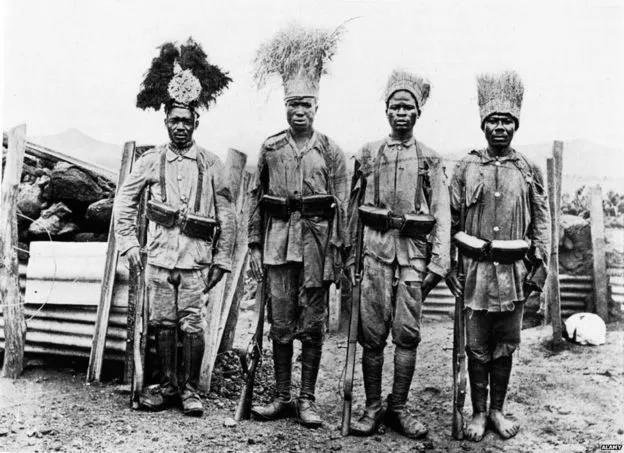


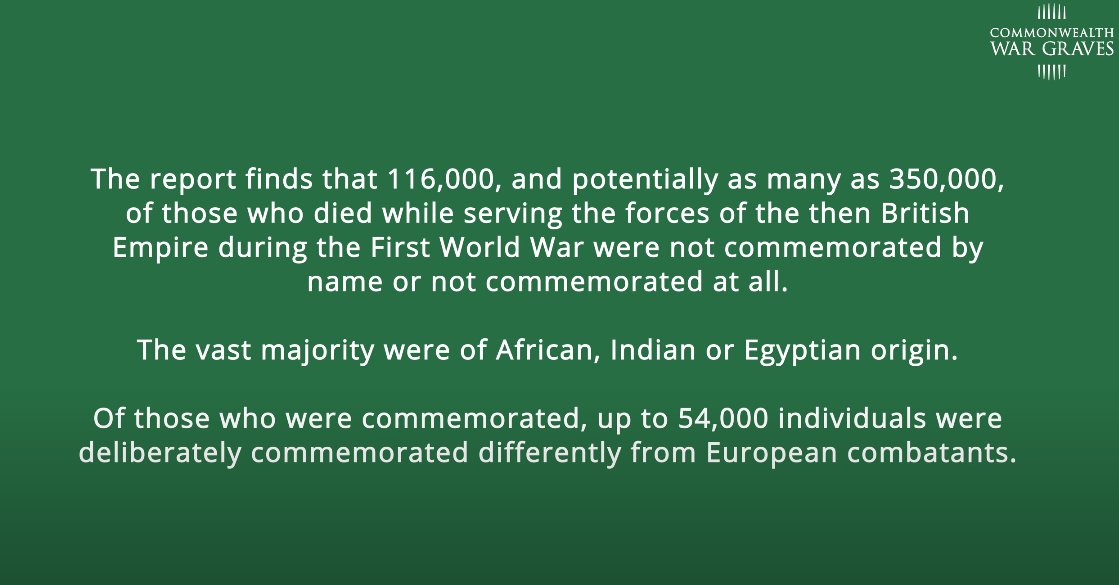

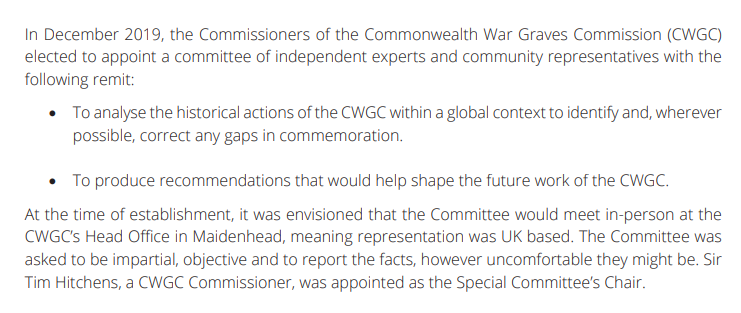
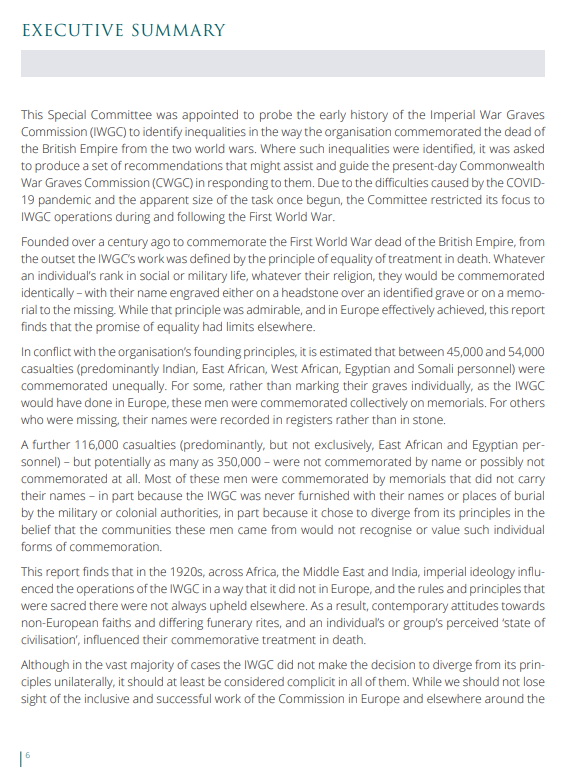
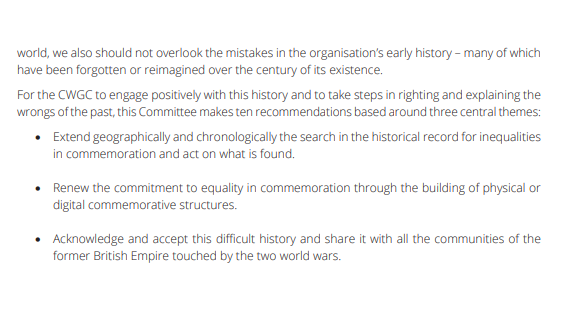
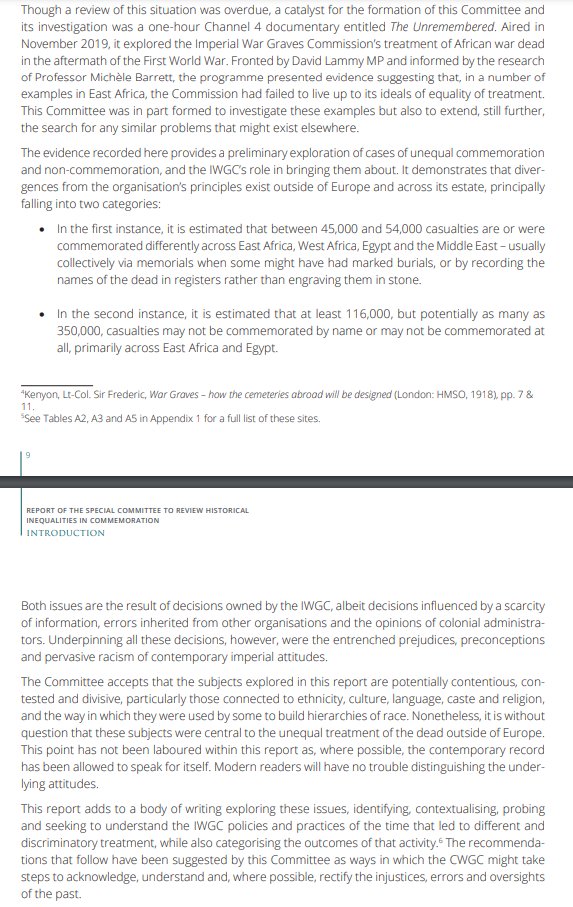
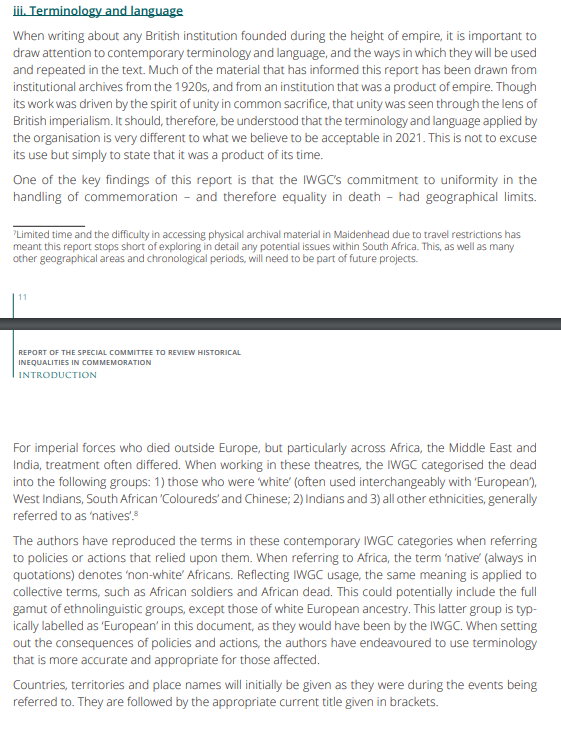
!["Nevertheless, despite identifying problems & quietly putting them right, it is fair to say that theCWGC has, historically, not gone looking for them." CWGC "[arguably] slow to absorb & engage with the findings of external research that hasshown wider-spread problems." /10 "Nevertheless, despite identifying problems & quietly putting them right, it is fair to say that theCWGC has, historically, not gone looking for them." CWGC "[arguably] slow to absorb & engage with the findings of external research that hasshown wider-spread problems." /10](https://pbs.twimg.com/media/EzpU19aXIAIgsKg.png)
!["Nevertheless, despite identifying problems & quietly putting them right, it is fair to say that theCWGC has, historically, not gone looking for them." CWGC "[arguably] slow to absorb & engage with the findings of external research that hasshown wider-spread problems." /10 "Nevertheless, despite identifying problems & quietly putting them right, it is fair to say that theCWGC has, historically, not gone looking for them." CWGC "[arguably] slow to absorb & engage with the findings of external research that hasshown wider-spread problems." /10](https://pbs.twimg.com/media/EzpU4_sX0AEzJKD.png)
